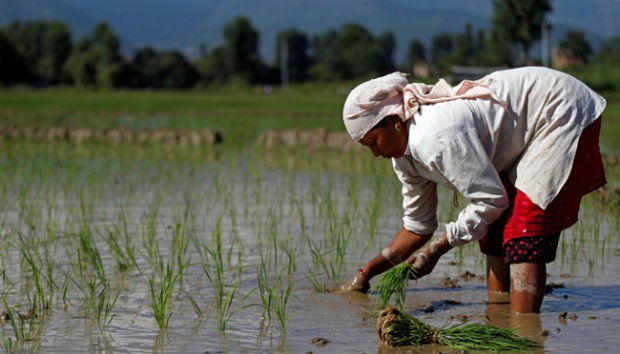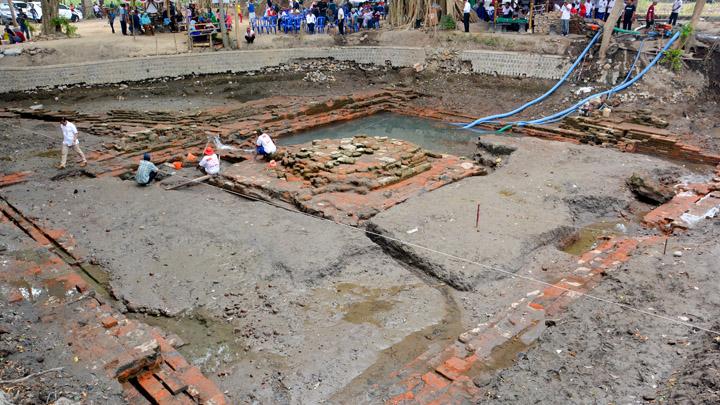
TEMPO.CO, Jakarta,
The Leap to Organic Farming
Rahmat Organik started an organic farming field school at Makamenggit, East Sumba Regency. Farmers who adopted his method have increased their rice yields up to 50 percent.
IT was only 6 o'clock in the morning, but Andreas Ndahwali was already up. He left his small hut near a small 60-acre farm at Waingapu, East Sumba Regency, East Nusa Tenggara (NTT), to inspect his young paddy plants. Compost fertilizer was piled not far from the field. "I've been doing organic farming and making my own fertilizer," said the 29-year-old farmer.
He also uses liquid fertilizer made of fermented chicken manure. Not many farmers in his village in the Prailiu Subdistrict apply the method, said Andreas, as most still opt for chemical fertilizer and pesticides.
Andreas himself only learned about organic farming three years ago. He realized that the method was healthier and more environmentally friendly. "I also get better yields compared to before I switched to organic farming."
Nowadays, his usual harvest comes to four or five tons of paddy, a significant increase from his previous only one to two tons. He harvests three times a year, twice for paddy and once for fruits and vegetables, earning Rp11 million to Rp12 million each time.
It is also cheaper to produce his own fertilizer. Andreas used to spend around Rp3 million per month to buy chemical fertilizer. But by using available resources to produce his own compost and liquid fertilizer, he only spends at most Rp700,000.
He learned about organic farming from Rahmat, a man who is passionate when it comes to spreading the organic technique across the Sumba Island. Because of his efforts, he is now known as Rahmat Organik. "I joined up when he came and conducted a pilot program here," said Andreas.
But people were already accustomed to using chemical products, which caused the soil to lose many of its nutrients. It took one year for Andreas' soil to become fertile again and to produce a significant yield.
Andreas can now enjoy his hard work. His rows of green paddy plants are growing well. He also grows watermelon, lettuce, chili, and tomato on a smaller plot of land. "Mainly for our own consumption, but we also sell some," he said.
Rahmat came to Sumba in January 2012, during a time when the island was suffering from food shortage due to El Niño. Many non-profit organizations had come in to help, including the Indonesian Farmers Association for Pest Control, or IPPHTI. "Other people were donating rice, sugar and other types of food. I came only with my laptop," Rahmat said. "Some people laughed at us."
But the IPPHTI wanted to avoid giving out donations that would simply run out. Instead, they wanted the Sumba people to understand the issues of food security, so that the entire community would be better prepared should another disaster occur.
Rahmat opened the Organic Farming Field School (SLPO) at Makamenggit, East Sumba, in collaboration with a local church and Diakonie Katastrophenhilfe, a humanitarian NGO from Germany.
Read more inspiring Outreach stories in Tempo English Weekly Magazine























